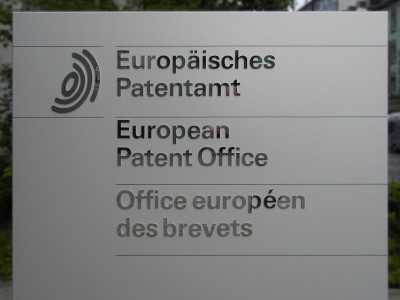Priming immune system cells
that will enable the immune system to 'remember' pathogens without
a preceding strong immune response.
The study, published in the Immunology Letters journal, described strategies for priming immune system cells that remember invading pathogens - memory B cells. Randolph Noelle and colleagues from Dartmouth Medical School in Lebanon, US, have showed that certain vaccine adjuvants can cause memory B cells to form without the recipient having to mount a strong primary antibody response during immunisation. Long term immunity relies on the formation of both memory B cells and antibody-producing, long-lived B cells called plasma cells. Adjuvants are often used to supplement the effects of a vaccine, yet the reasons why some adjuvants work better than others is unclear. If this mystery could be solved, it would allow drug developers to design better vaccines. "This article provides a very exciting new insight because it seems to change the traditional textbook paradigm on relationship between plasma cells and memory B cells," said Vaclav Horejsi, the editor-in-chief of the journal. Noelle tested a wide range of Toll-like receptor (TLR) agonists co-administered with soluble antigen, to see if they could differentially induce memory B cells and plasma cells. They found that TLR-3 and TLR-9 agonists caused memory B cells to b produced but not plasma cells. The authors say the results could "provide an exciting new strategy for the formulation of humoral immunity-specific vaccines." Though we often think we understand how adjuvants work, their effects on the critical parameters involved in the induction of immune responses have not been defined in vivo for these agents," said immunologist James Brewer from the University of Strathclyde in Glasgow, UK in his commentary published volume 109, issue 2 of the same journal. Noelle argues that strong antibody responses to vaccines could cause autoimmunity and so the research could help avoid this. However, Brewer said: "Very few of these associations have withstood scrutiny." Brewer also notes that, in their research, the scientists "use strong innate stimuli that have themselves been associated with the induction of autoimmunity". However, Brewer does recognise that: "The current study makes an interesting and important contribution to this area. "While perhaps not immediately practicable, [the study] will have a contribution to the rational development of adjuvants for use in vaccination."




